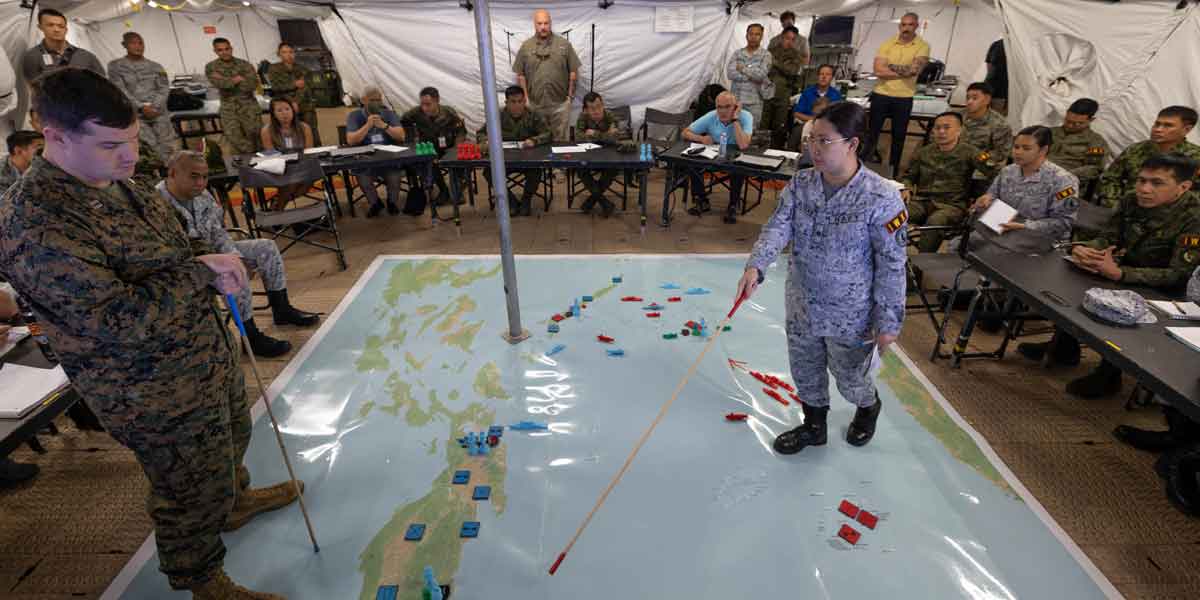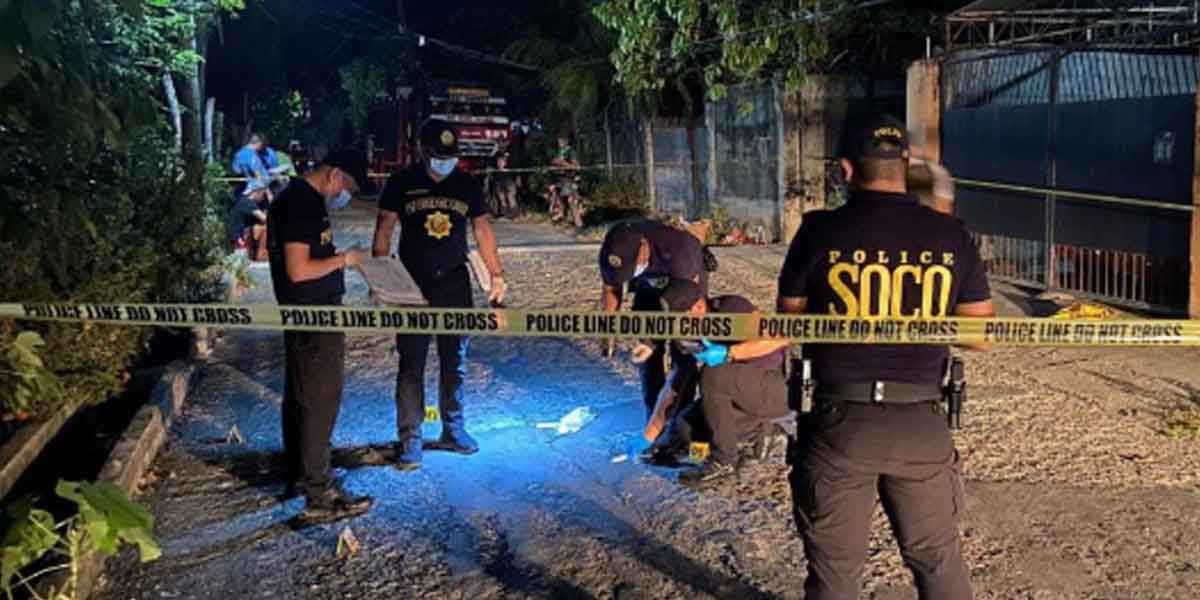 By Modesto P. Sao-noy
By Modesto P. Sao-noy
About two weeks ago, a report came out of the US that majority of the victims on the pandemic were poor and black. In New York several dozens of the fatalities were buried in a mass grave in a pauper’s field because they had no known relatives.
A question arose in my mind: Is this virus selective as to hit mainly these class of people? Is there a genetic reason why the blacks were more vulnerable? Then early this week a news report came out on the findings of Norwegian study that I hope Philippine authorities consider in a prolonged lockdown or thereafter.
The study said, “there is something brand new about this pandemic, which has never been seen before in the history of humanity – and that is our unprecedented global experiment in lockdown. These lockdown measures are designed to slow the spread of the disease, relieve the burden on health systems and ultimately save lives – and it looks as if they may be doing that. But they may also be exacerbating social inequalities themselves.”
The study is cautious, however. “We won’t have a full picture of their impact until the pandemic is over, but there have been anecdotal reports that point to this, and some more systematic analyses are emerging. Preliminary findings from a survey of 1,200 Norwegians, published last week, indicate that people with lower levels of education and income are more likely to be temporarily laid off. They can apply for a government furlough scheme, like the one in the UK, but they are also more likely to see their income fall and to worry that their unemployment might become permanent.”
The Philippine social amelioration program is intended for the same purpose – filling the loss on income but without assurance of a prolonged handout or reemployment.
The study found no correlation between poverty and self-reported sickness from Covid-19, but it found that poorer, less well-educated people were less likely to comply with social distancing guidelines. It’s hard to tell why, says demographer Svenn-Erik Mamelund of Oslo Metropolitan University, who was involved in the survey, but he has theories.
People in lower socioeconomic groups may feel more pressure to go out to work. They may also have lower levels of health literacy, less trust in officialdom, and even language problems if they are of non-Norwegian origin. He fears that these lower levels of compliance with public health measures might spill into higher levels of sickness and death later as they are exposed to the disease.
“Whether these measures are justified by the threat Covid-19 poses to human life is but those who imposed them knew there would be a high price to pay.” Philippine officials know that after this, there is a high price to pay.
Last year Mamelund was with a committee that advised the World Health Organization on non-pharmaceutical interventions in case of a pandemic. The committee’s job was to assess the costs and benefits of measures for slowing disease spread – everything from handwashing to border closure. They came up with a list of recommendations that excluded lockdown, even in the worst-case scenario. “We never suggested lockdown because we knew it would be so harmful socially and economically for all countries. I never thought the rest of the world would follow China’s lead.” China’s approach was total lockdown.
The social impact of lockdown has been more visible as in India where reports of deaths among unemployed migrant workers returning home in search of food; many countries, including the US, have seen workers taking industrial action, and anger has been expressed in rural communities over wealthy city-dwellers retreating to their second homes for the duration.
The study suggests that “governments should keep an eye on these developments, in weighing when and how to lift the lockdown, because even if it’s difficult to argue today that the cure is worse than the disease; the cure might provoke an entirely different malaise – and history teaches us that no society is immune to that.
That’s the symptomatic treatment. In the long term, they and we, should address the dreadful inequality in our societies, which this pandemic is picking apart with a lethal scalpel.
We see the social implications of this pandemic and the havoc on the poor and the lowly workers. The SAF can mitigate but the long-term impact is yet to come.





















